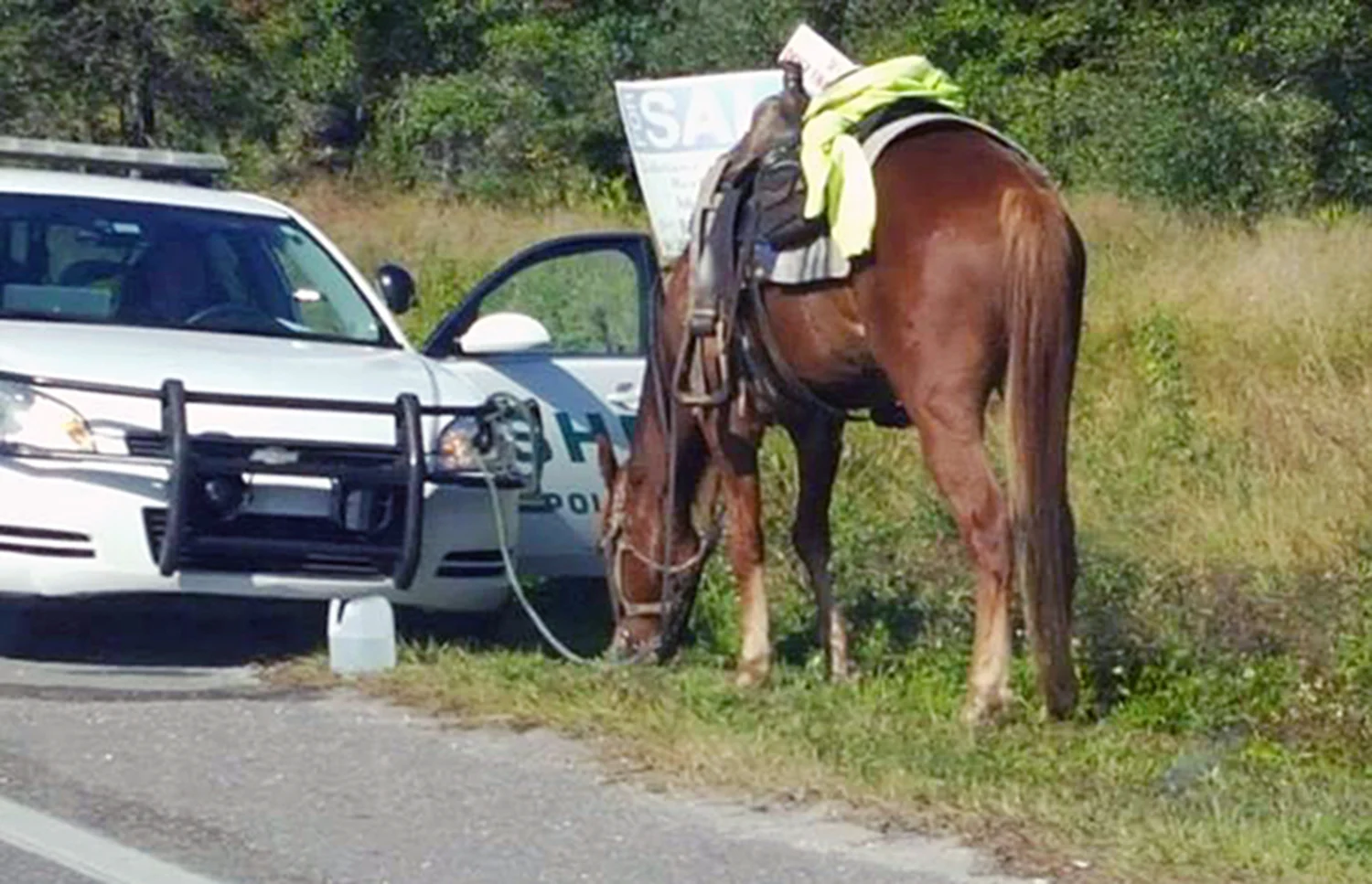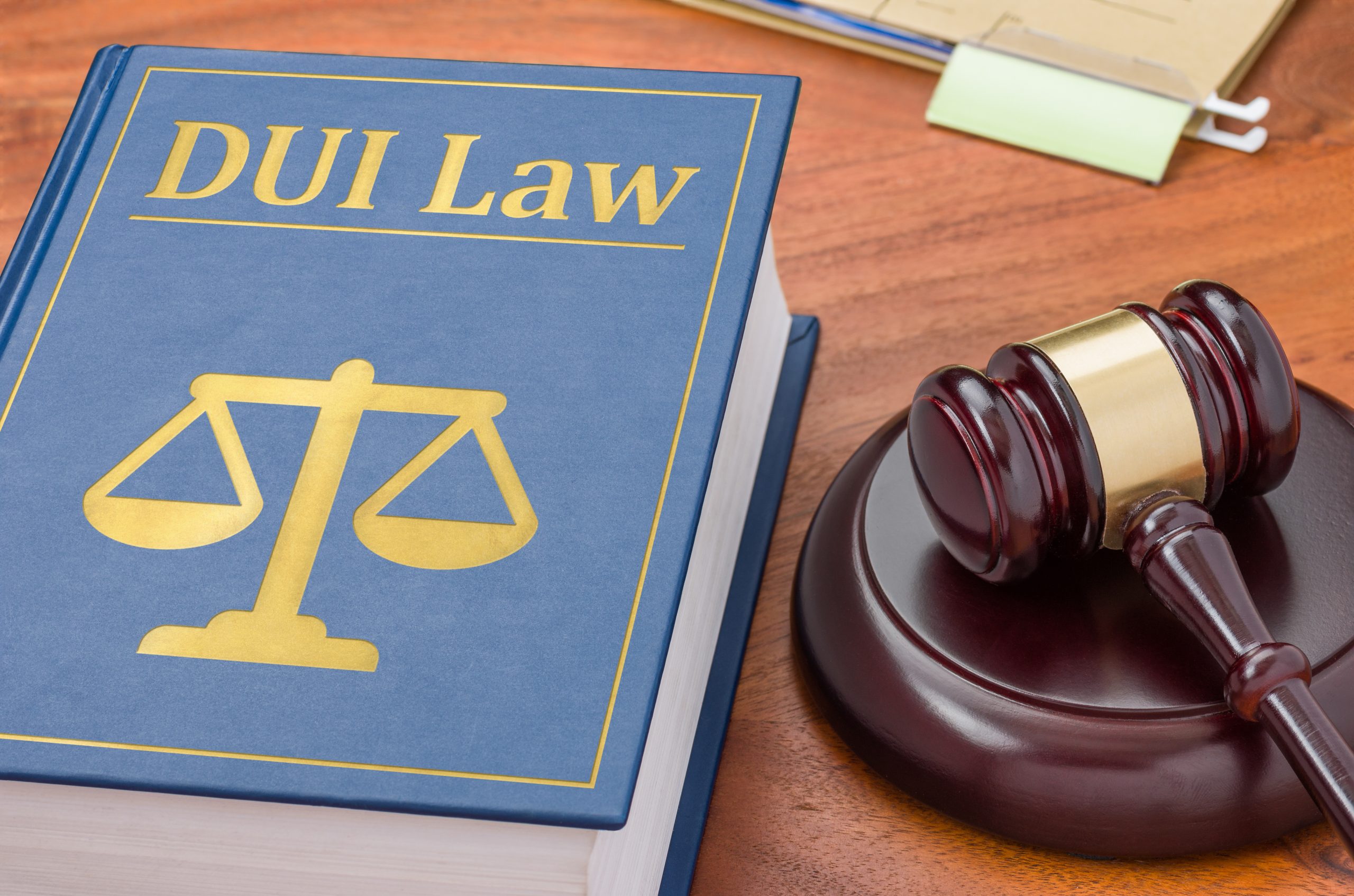Can You Get a DUI on a Horse? The Surprising Legal Reality
It sounds like a scene from a classic Western or the punchline to a joke: a person riding a horse home after a few too many drinks at the local tavern. While it may seem far-fetched in our modern world of cars and highways, the question is a legitimate one with serious legal consequences. So, can you get a DUI on a horse? The answer is not a simple yes or no. It depends entirely on the specific wording of the law in the state where you’re riding.
This article will explore the legal nuances behind this unusual question, examining how different states define a “vehicle” and what other charges you could face, even if a traditional DUI is off the table.
The Deciding Factor: How the Law Defines a “Vehicle”
The entire legal argument for or against an equine DUI hinges on one critical word: “vehicle.” DUI (Driving Under the Influence) or DWI (Driving While Intoxicated) statutes specifically outlaw the operation of a vehicle while impaired by alcohol or drugs. Where it gets complicated is that each state has its own definition of what legally constitutes a vehicle.
These definitions generally fall into two categories:
- “Motor Vehicle” States: Many states explicitly write their DUI laws to apply only to “motor vehicles.” A motor vehicle is typically defined as a device that is self-propelled. Since a horse is a living animal and not a machine with an engine, it does not meet this definition. In these states, you generally cannot be charged with a traditional DUI while riding a horse.
- “Vehicle” States: Other states use a much broader definition. Their laws may define a “vehicle” as any “device in, upon, or by which any person or property is or may be transported or drawn upon a highway.” This vague and inclusive language opens the door for legal interpretation. A clever prosecutor could argue that a horse, when used for transportation on a road, functions as a “device” and therefore falls under the statute.
Therefore, the question of “can you get a DUI on a horse” is answered by looking up your specific state’s vehicle code.
A Look at State Laws: Where Riding Drunk Is a Crime
The legal landscape varies significantly across the United States. Here are a few examples that illustrate how different local laws address the issue.
States Where You Can Likely Get a DUI on a Horse
- Pennsylvania: The law in Pennsylvania has a broad definition of “vehicle” that includes “every device in, upon or by which any person or property is or may be transported or drawn upon a highway.” This has been interpreted to include horses, and there have been documented cases of individuals being charged with DUI while on horseback.
- California: The California Vehicle Code section 670 defines a “vehicle” as “a device by which any person or property may be propelled, moved, or drawn upon a highway, excepting a device moved exclusively by human power.” While the law specifically exempts bicycles from DUI charges (though a separate “biking under the influence” charge exists), a horse is not moved by human power, leaving it in a legal gray area where a DUI charge is possible.
- North Carolina: This state’s law is notoriously broad, including “any vehicle drawn, propelled, or used by a horse” in its definition, making it one of the clearest states where an equine DUI is possible.
States Where a DUI on a Horse Is Unlikely
- Texas: The Texas Penal Code specifically defines intoxication offenses in relation to operating a “motor vehicle.” Because a horse is not a motor vehicle, a standard DWI charge would not apply.
- Florida: Similar to Texas, Florida’s DUI statute explicitly refers to driving or being in actual physical control of a “vehicle,” which is then defined in a way that implies a mechanical device, not an animal.
Other Charges Are Still on the Table
Even if you live in a state where a DUI on a horse is not legally possible, you are not free to ride intoxicated without consequence. Law enforcement officers have a duty to ensure public safety, and they can use a variety of other statutes to arrest an impaired rider.
These potential charges include:
- Public Intoxication: If you are visibly drunk in a public place, you can be arrested regardless of your mode of transport.
- Disorderly Conduct: Behaving in a disruptive, reckless, or aggressive manner while drunk on a horse can easily lead to this charge.
- Reckless Endangerment: If your intoxicated riding puts other people at risk of injury or death, you could face this serious charge.
- Animal Cruelty or Neglect: Guiding an animal into a dangerous situation, like busy traffic, while you are impaired could be considered animal abuse, neglect, or endangerment.
Conclusion: It’s a Terrible Idea Regardless of the Law
While the legal debate over “can you get a DUI on a horse” is a fascinating look into the specifics of state law, the practical answer should always be to avoid it. A horse is a powerful animal with a mind of its own. Your impaired judgment, balance, and reaction time put not only yourself but your horse and the public at significant risk.
Ultimately, the best advice is simple: if you’ve been drinking, don’t get behind the wheel of a car, and don’t get on the back of a horse. Find a safe and sober way to get home.
Sources & Local Resources
- Pennsylvania General Assembly: Title 75, Vehicle Code
- California Legislative Information: Vehicle Code Section 670
- Texas Penal Code: Title 10, Chapter 49 – Intoxication and Alcoholic Beverage Offenses
- General Legal Information: FindLaw
- How to Find Your Local Law: To determine the law in your area, search online for “[Your State Name] vehicle code definition” or “[Your State Name] DUI statute.” Your state’s official legislative website is the most credible source.



